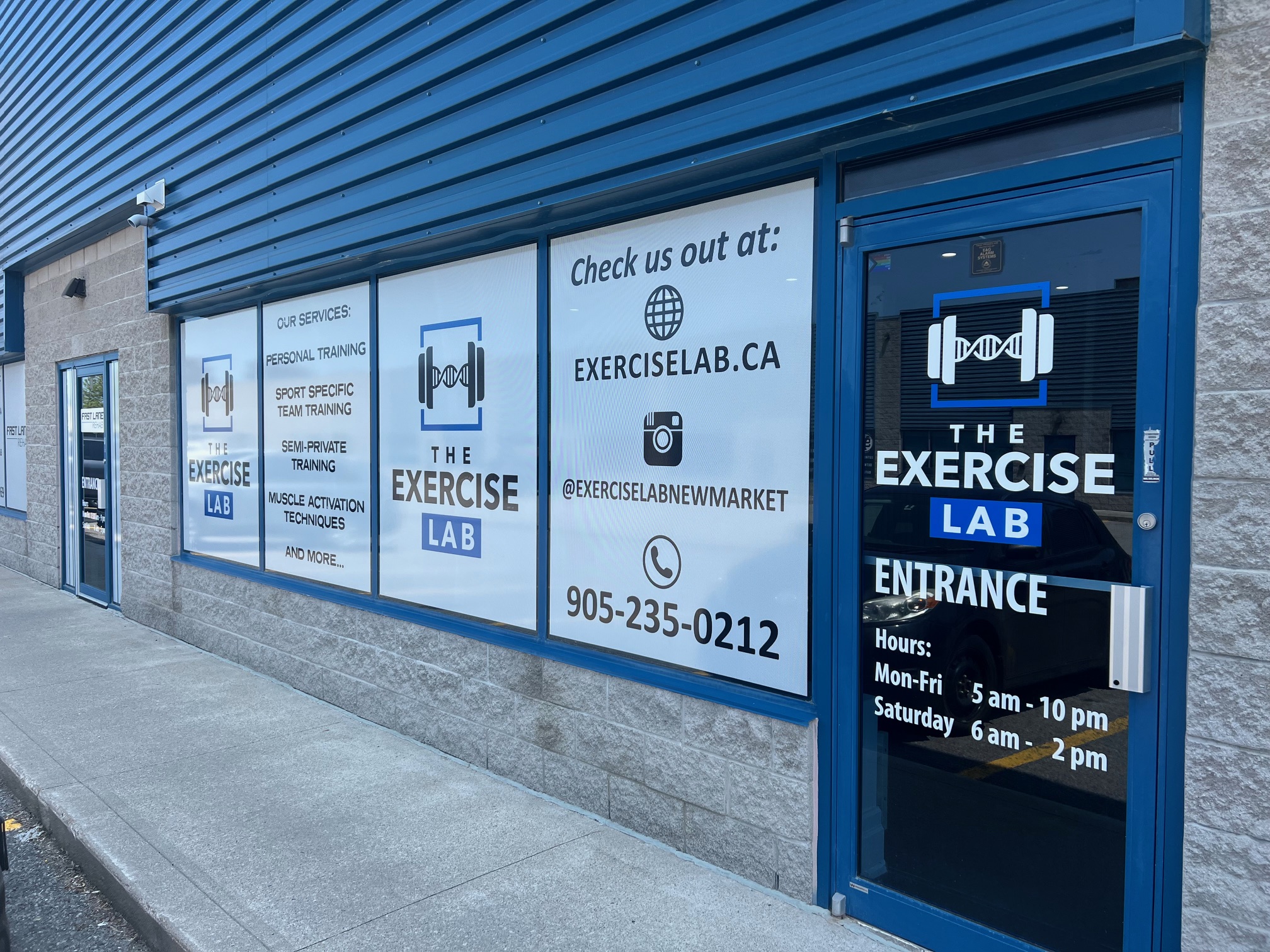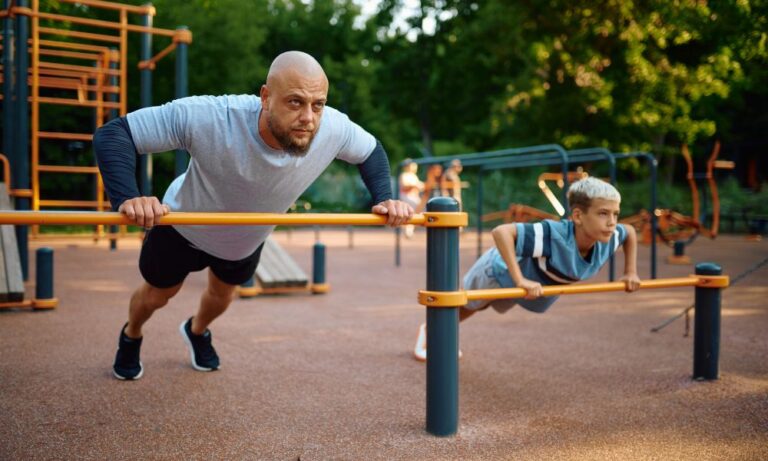“Blood Sweat Train” Rebranded as “The Exercise Lab” in Newmarket:
What Changed and What Didn’t!
“Blood Sweat Train” has rebranded as “The Exercise Lab” in Newmarket, bringing a fresh identity and new energy to the well-known fitness and personal training destination. This change is designed to reflect a wider variety of exercise options, improved facilities, and a more modern experience for members.
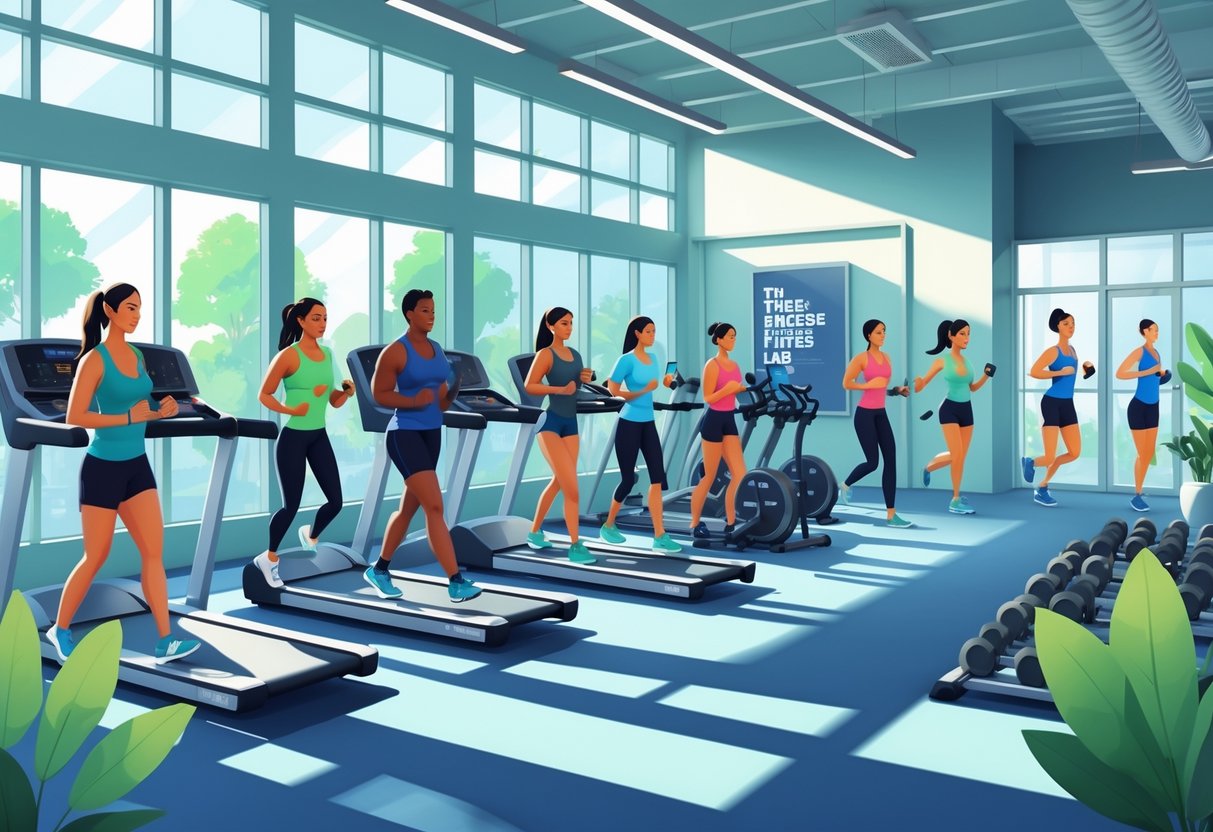
The rebrand aims to attract fitness fans of all levels by offering updated classes and better equipment. Many local gyms update their programs to help people reach their goals, and “The Exercise Lab” is focusing on making workouts accessible and enjoyable for everyone.
For anyone looking to start a new fitness routine or change up their workouts, learning about this rebrand could open doors to new opportunities.
Rebranding From “Blood Sweat Train” To “The Exercise Lab”
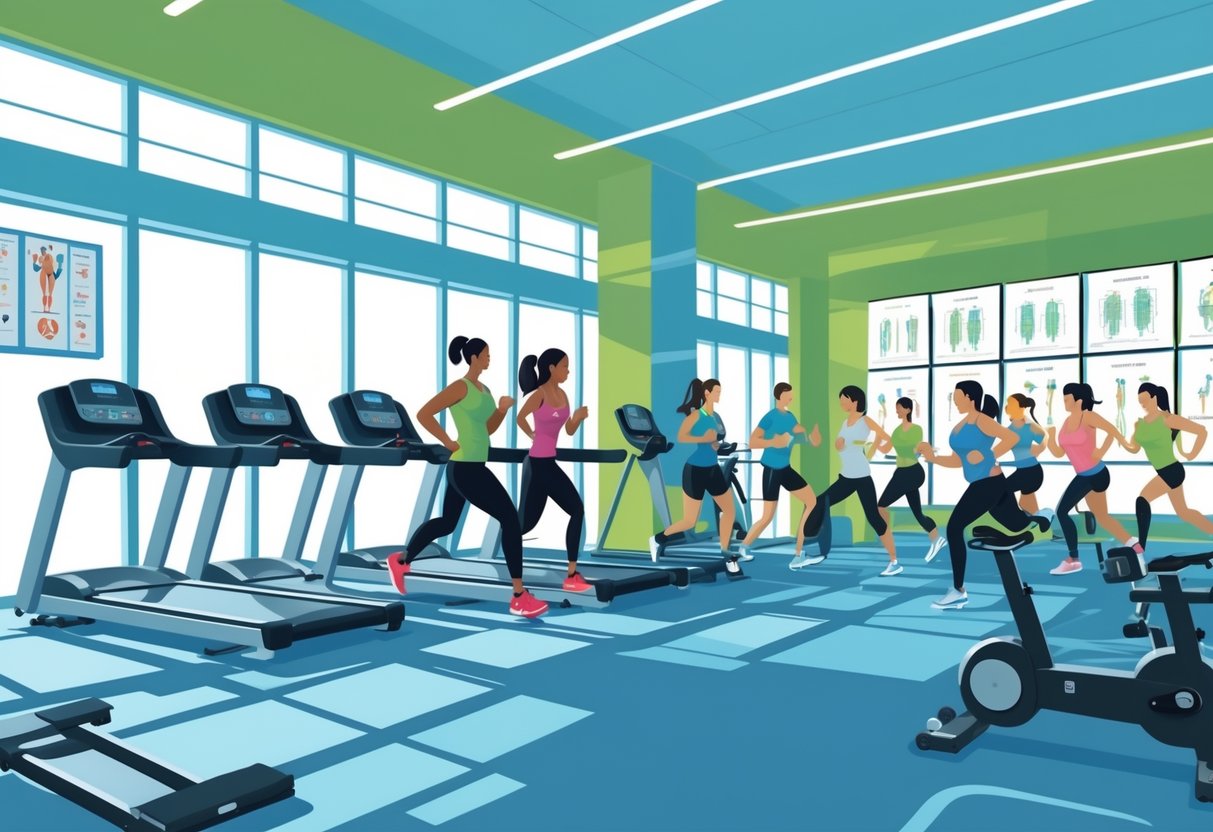
The shift from “Blood Sweat Train” to “The Exercise Lab” aims to reflect a more modern image and appeal to a wider audience. The change focuses on clarity, updated branding, and delivering a new experience for members.
Reasons for the New Name
The original name highlighted an intense workout image. While this approach attracted some fitness enthusiasts, feedback showed it also deterred those looking for more balanced, accessible programs.
The new name, “The Exercise Lab,” was chosen to communicate a welcoming environment and a focus on science-backed training. This rebranding helps reduce intimidation for newcomers and appeals to a broader range of ages and abilities.
By switching to a name that feels inclusive and innovative, the gym positions itself as a place for personal improvement rather than only intense training.
Branding Strategy and Vision
The rebranding effort included a new logo, updated color schemes, and a fresh approach to customer engagement. The goal was to distance the gym from the old high-intensity stereotype and instead present a modern, research-driven image.
The new brand vision emphasizes education, quality, and ongoing improvement. Trainers and staff are encouraged to use the latest techniques and evidence-based practices. By focusing on progress and support, “The Exercise Lab” seeks to deliver real value to gym members.
Key marketing materials and the website were updated to match the new identity. This includes clear messaging about classes, services, and the benefits of joining.
Key Differences After Rebranding
The most visible changes can be seen in the gym’s appearance and class offerings. The interior was redesigned with brighter colors and easier navigation. Equipment was updated or replaced to match the new approach.
Class schedules expanded to include a wider variety of programs, such as small-group training, youth classes, and introductory workshops. This encourages more people to participate and try new activities.
According to recent reports, customer satisfaction scores rose after the rebrand, and membership numbers have increased. The atmosphere feels more supportive, and the focus on member outcomes has helped set a new standard for local gyms.
The Exercise Lab Offerings and Community Impact
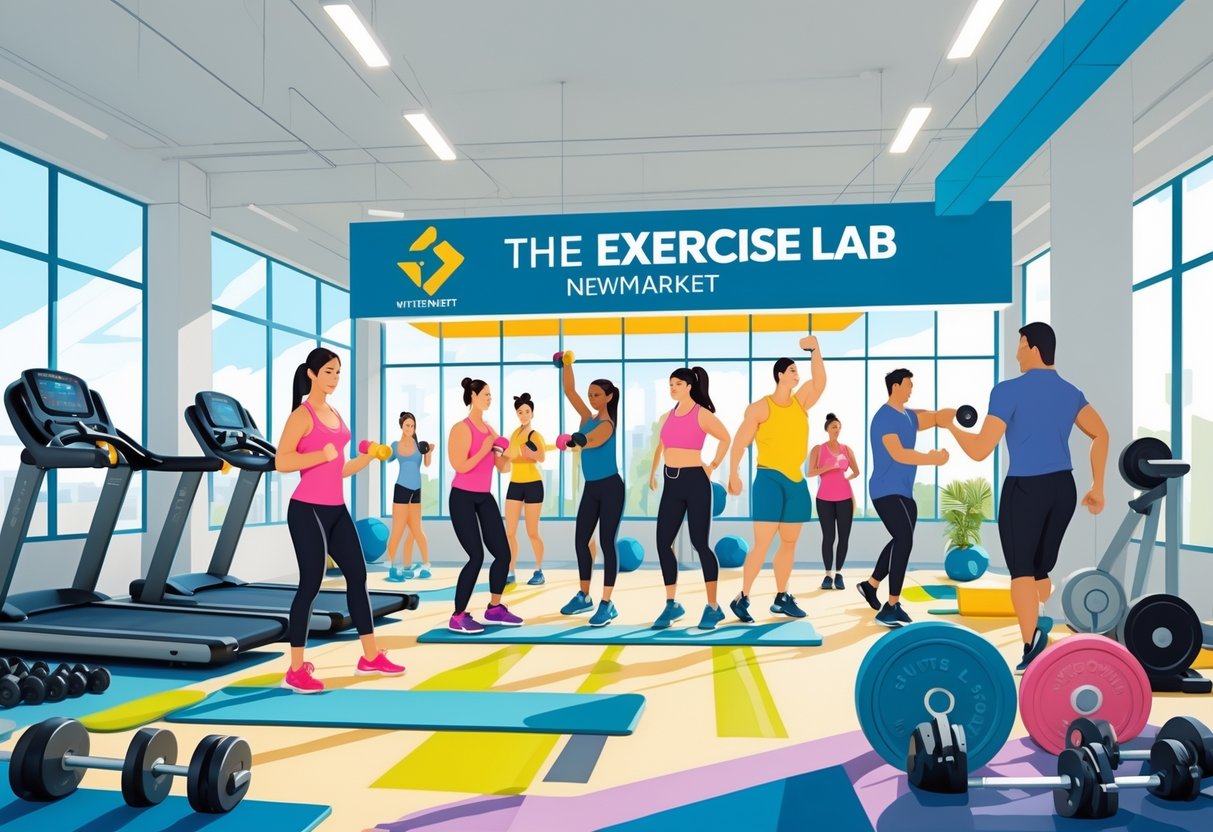
The rebranding has led to new fitness programs, upgraded facilities, and stronger engagement within the community. There are also clear steps planned to keep improving and expanding services.
Updated Fitness Programs
The Exercise Lab now offers a variety of specialized classes and training sessions targeted at different age groups and fitness levels. Programs include group strength training, circuit classes, and personal training. Each class is designed to provide measurable improvements, with regular progress tracking for members.
Certified trainers lead all sessions and make individual adjustments to ensure safety and effectiveness. Families can also join family-friendly sessions together. The lab schedules regular fitness assessments to help members chart their progress and set realistic goals.
A youth athletic program encourages younger community members to build healthy fitness habits early. The lab has also added low-impact and recovery classes to support those returning to exercise after injury or extended time off.
Facility Improvements
Substantial upgrades have been made to equipment, workout spaces, and amenities. The exercise floor features new cardio machines, resistance equipment, and a larger functional training area. Freestanding racks and safer flooring now help prevent injury and provide more room for movement.
A digital check-in system allows for easy class registration and controls access to different areas. Improved lighting and ventilation make the environment comfortable throughout the day. The locker rooms have been updated with more secure storage and private changing spaces.
New spaces for stretching and warm-up provide dedicated zones for injury prevention. For recovery, a small lounge area with supportive seating gives people a place to cool down or wait.
Community Engagement
The lab organizes regular community events, open houses, and themed challenges. These activities bring people together and encourage regular participation. For instance, monthly fitness challenges have shown to boost motivation and keep sign-up rates high.
Local schools and clubs often partner for group workouts or youth events. The lab also offers educational workshops on nutrition, safe exercise, and wellness habits.
New members can access free orientation sessions and join a members-only social group. Monthly newsletters share upcoming events and success stories. These efforts help create stronger social ties and ensure diverse participation from all ages.
Future Plans for Growth
There are clear plans for expanding services and facility space over the next two years. A larger group training room is in design, aimed at supporting higher class demand and new formats. Management is looking into new fitness technology to allow for virtual instruction and detailed workout tracking.
Additional wellness classes, such as mobility and balance sessions, will be introduced to serve a wider community range.
Plans include launching scholarship programs for youth and seniors to make programs more accessible. Efforts are underway to secure partnerships with health professionals to offer physical therapy and injury prevention workshops on-site. Updates on these plans will be posted on the organization’s official announcements and community bulletin.
Frequently Asked Questions
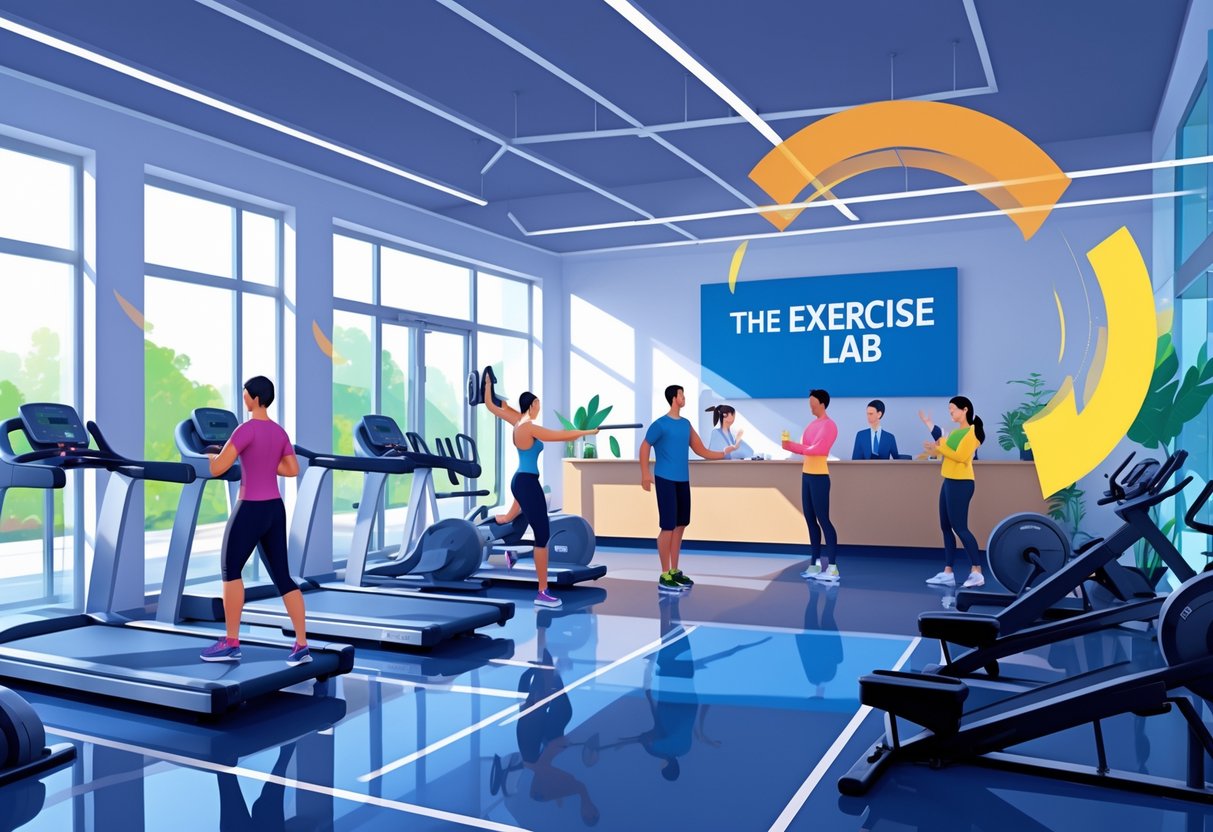
This section covers important facts about services, training approaches, operating details, and real stories from people who have trained at The Exercise Lab. Clear information is given to help clients know what they can expect before choosing a program.
What are the signature training programs now offered at The Exercise Lab?
The Exercise Lab now offers structured classes focused on strength, mobility, and muscle system care. Programs are designed to fit beginners and experienced clients. Group classes and private sessions use research-based methods to support safe progress while lowering injury risk.
How can clients expect personalized muscle system care at The Exercise Lab?
Clients receive assessments before starting any program. Trainers develop a personalized schedule built around each person’s needs and goals. There is a focus on tracking muscle function and making program adjustments as a client’s body changes.
Can you share success stories or testimonials from clients who’ve trained at The Exercise Lab?
Many clients mention steady improvements in strength and confidence after joining sessions here. Some have reported they could return to activities they previously avoided due to discomfort. Feedback highlights knowledgeable coaches and hands-on support during every workout.
What are the new operating hours and location details for The Exercise Lab in Newmarket?
The Exercise Lab is open weekdays from early morning until evening. Weekend hours are available for group classes by appointment. It is located conveniently within Newmarket for easy access to both public transport and parking.
Does The Exercise Lab offer specialized weight loss programs?
Yes, specialized weight loss programs are available. These include guided workouts along with nutrition advice. Trainers work with clients to set realistic goals and track progress over time to achieve healthy results.
How does The Exercise Lab incorporate internal performance metrics in their training routines?
Trainers use performance metrics like range of motion, muscle strength, and recovery speed. Regular testing helps ensure each program is adjusted as clients improve. These methods are based on current exercise science to support measurable progress.

